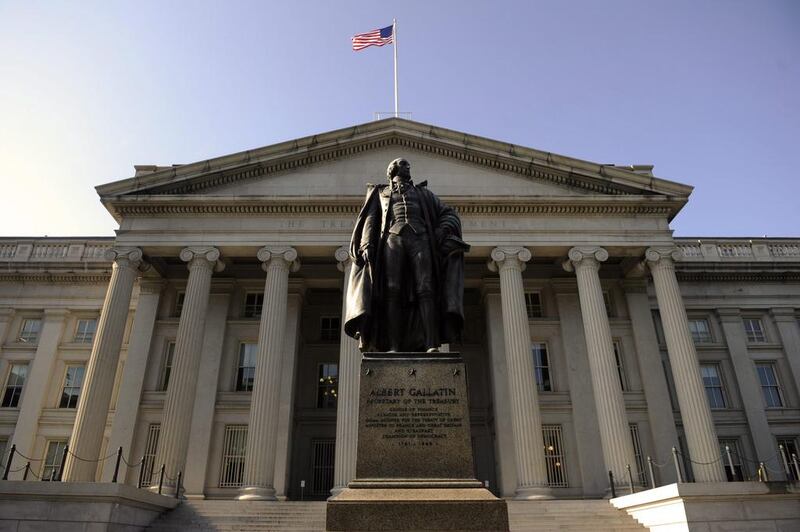Greater levels of transparency are within our grasp. There has been an almost imperceptible shift in the region in recent months as tolerance for opacity begins to waver.
Two years of weak oil prices have now been compounded by the Panama Papers leak, the fight over the European Union's future and the prospect of Donald Trump in the White House to create an atmosphere of tension the world over. The reaction has been an unprecedented hunger for openness, particularly in the United States, that has created a burning spotlight of scrutiny that will not be dimmed. Like the flaming Eye of Sauron, the titular character of The Lord of the Rings, this force seeks to uncover whatever we dare to hide from it.
Within the region itself, developments in recent weeks have added to this momentum. Efforts by Saudi Arabia to better diversify its economy include a raft of reforms that prioritise efficiency and productivity. The plan to publicly list a small portion of state oil company Saudi Aramco could also potentially lift the lid on a well of information including the size of the kingdom’s crude reserves that until now has remained a mystery.
On Monday, another of these mysteries was solved, when the United States Treasury Department released a breakdown of Saudi Arabia's holdings of its debt. The information blackout had lasted 41 years and now we know that Saudi owns US$116.8 billion of Treasuries. As is the way, now that the beast has been fed, it wants more and the announcement has led to questions about where else Saudi foreign reserves have been parked. The way the world is turning it is likely we will now find out sooner rather than later.
For those that might wonder if there is actually any point to knowing such things and would it not be better to allow a state or a company its economic secrets, there are clear benefits to being more open.
For a start, for the well managed corporations and economies, it will immediately bring a reduction in the cost of capital. In these straitened times, being able to borrow more cheaply is nothing to be sniffed at. Second, in an age of leaks and whistleblowers, blockchains and cloud computing, there really is nowhere left to hide information. The increasing determination of a growing group of openness fundamentalists with the hacking skills to back it up are today’s irresistible force. It seems too that none are truly comfortable to be seen as the immovable object. Few want to become the next target. It is too expensive and painful an experience.
Better for countries and companies alike to move ahead under their own steam and begin the slow unravelling of the layers of opaqueness that have been painstakingly built up over the last four decades.
malrawi@thenational.ae
Follow The National's Business section on Twitter






